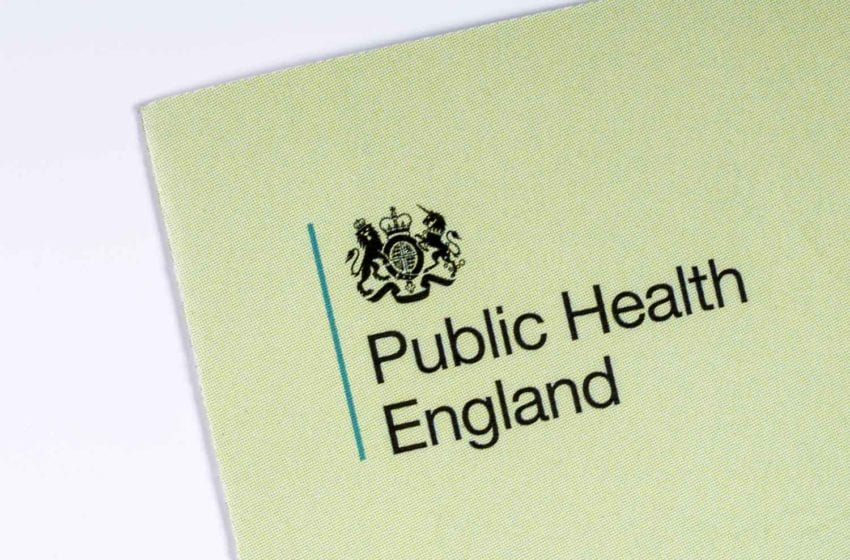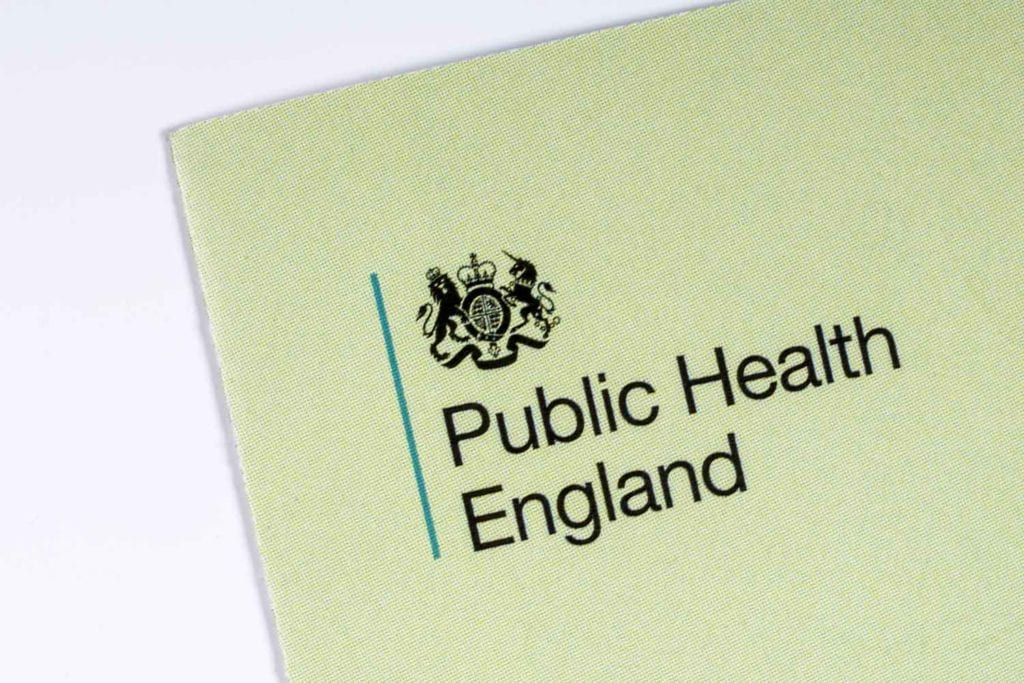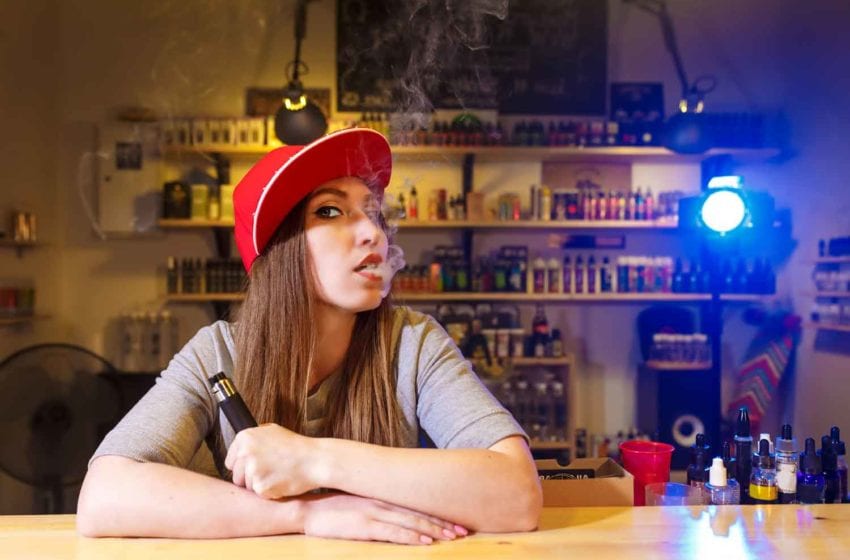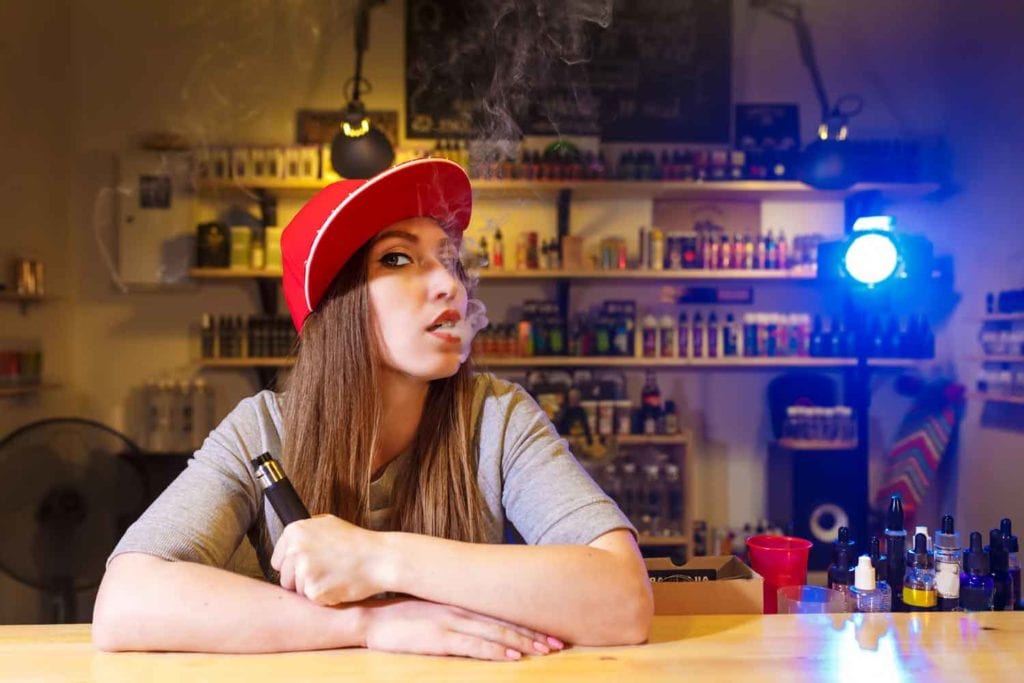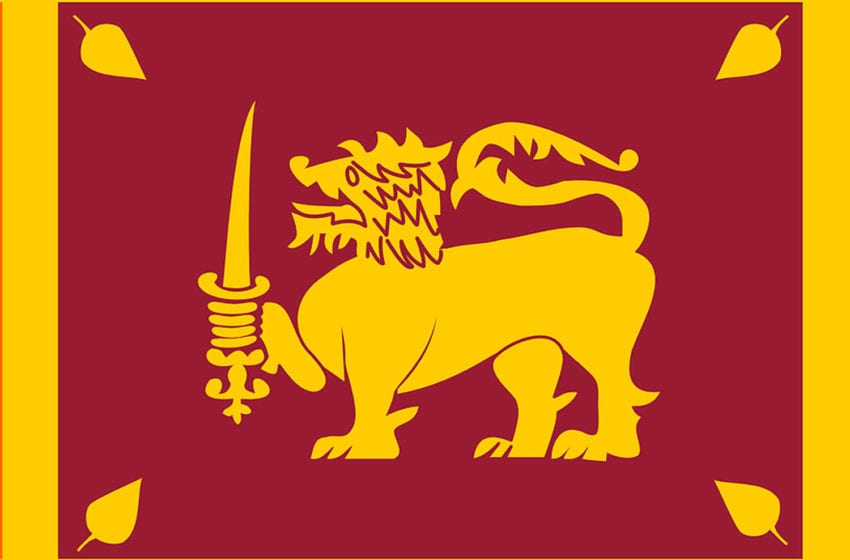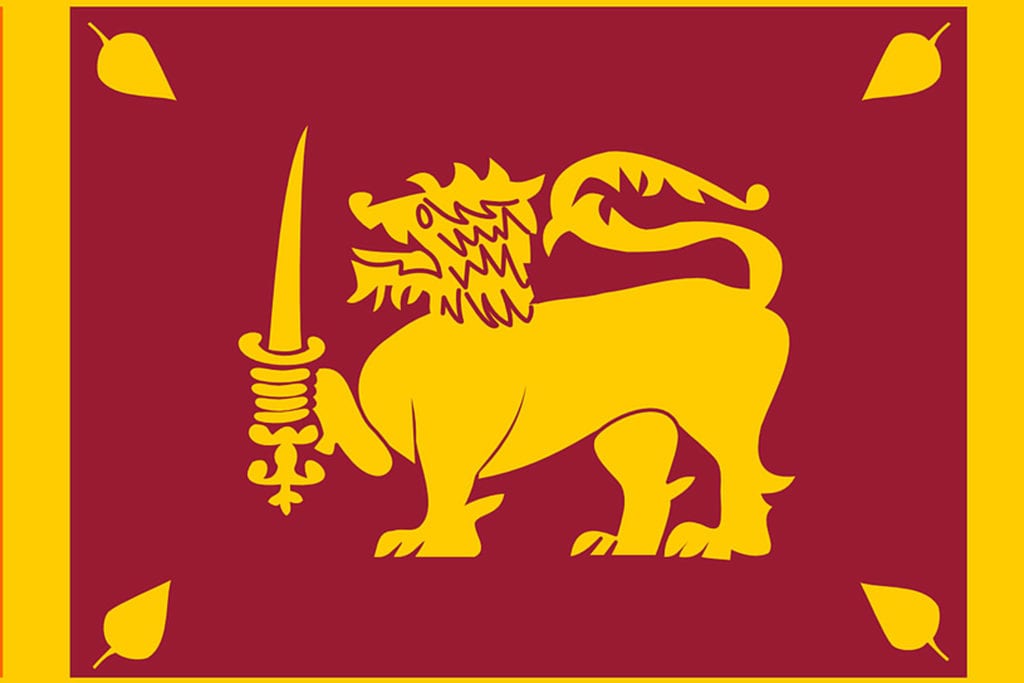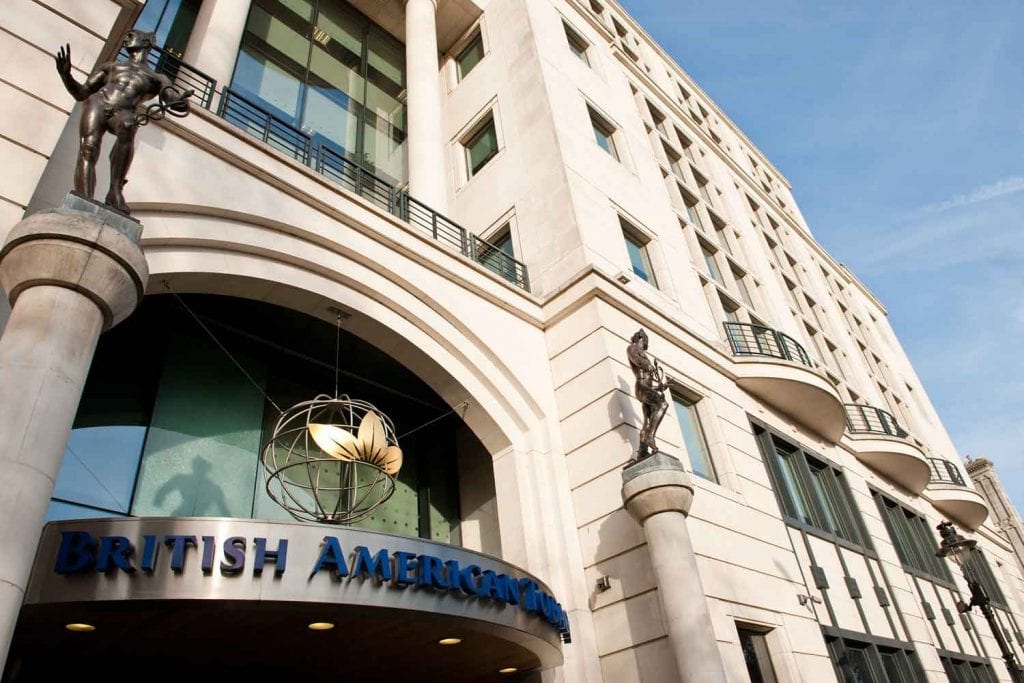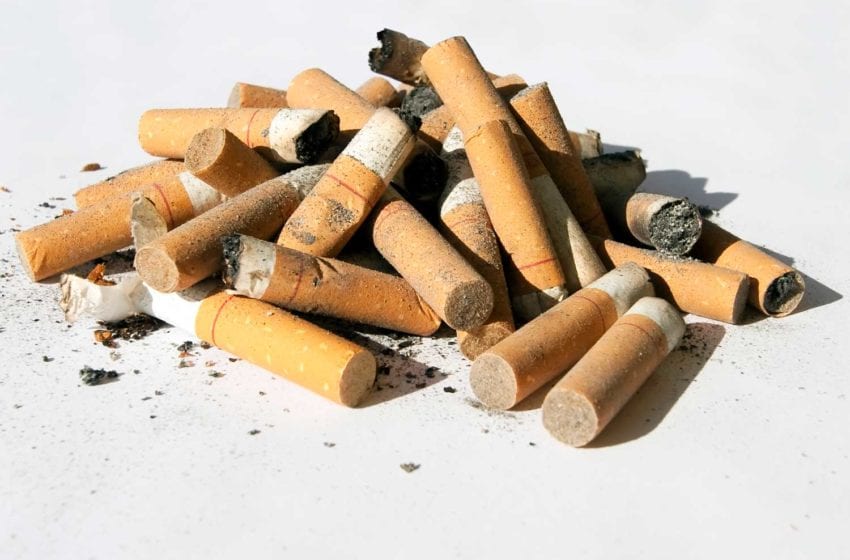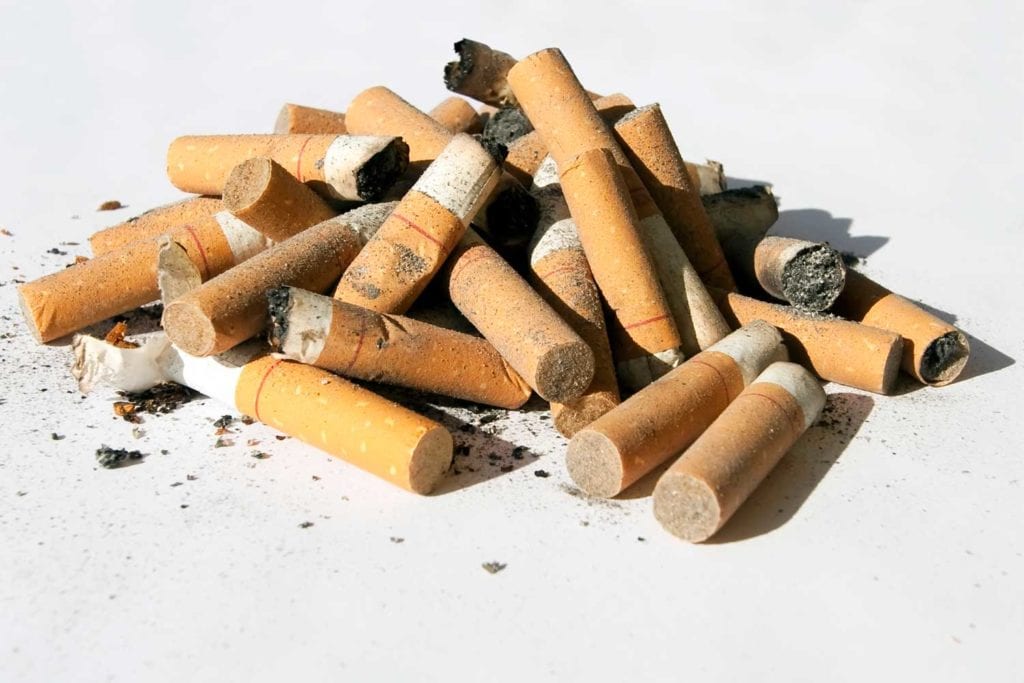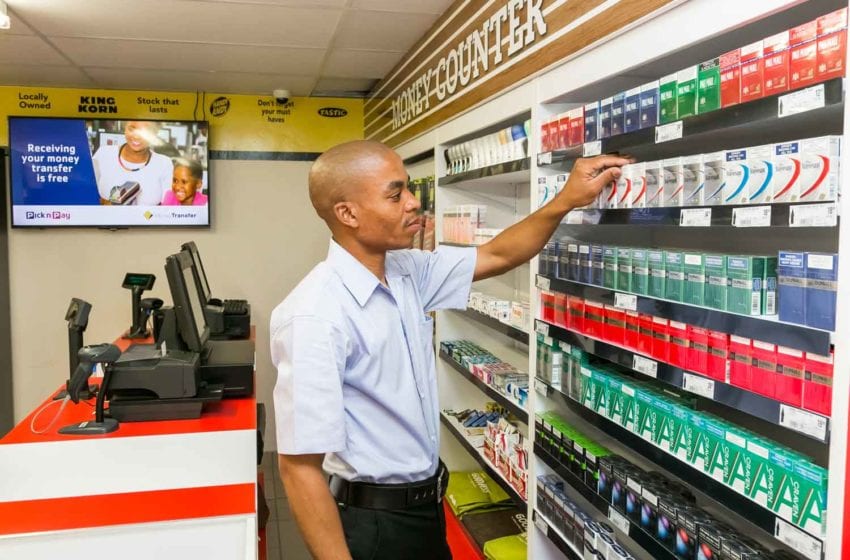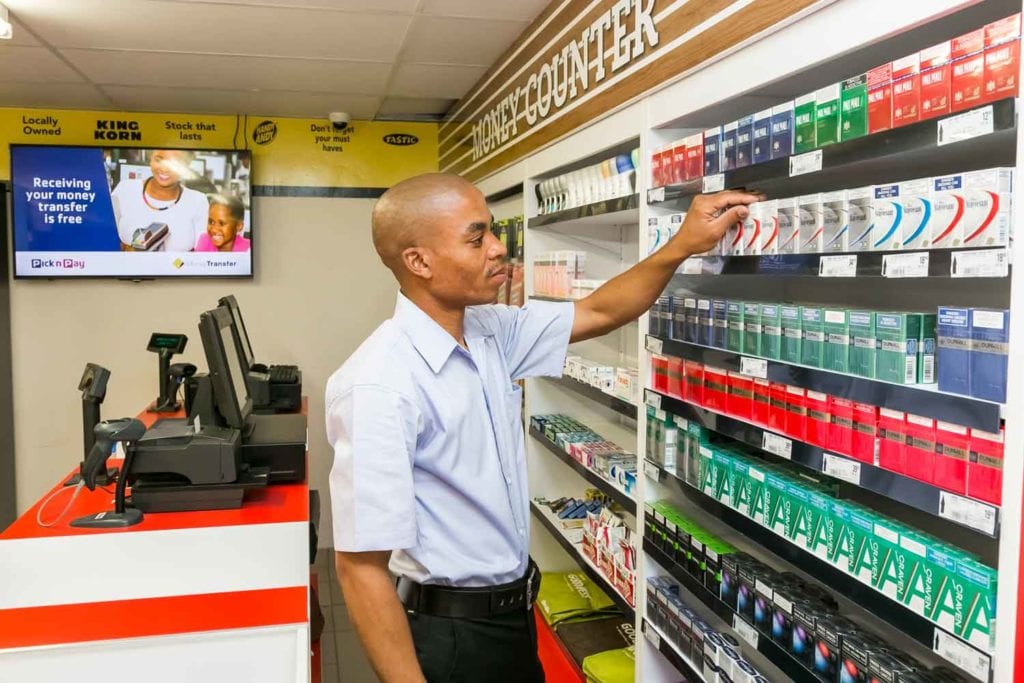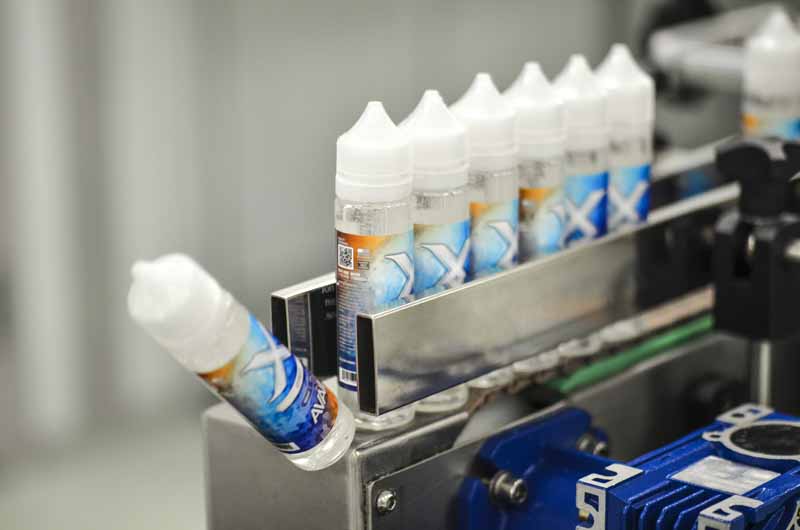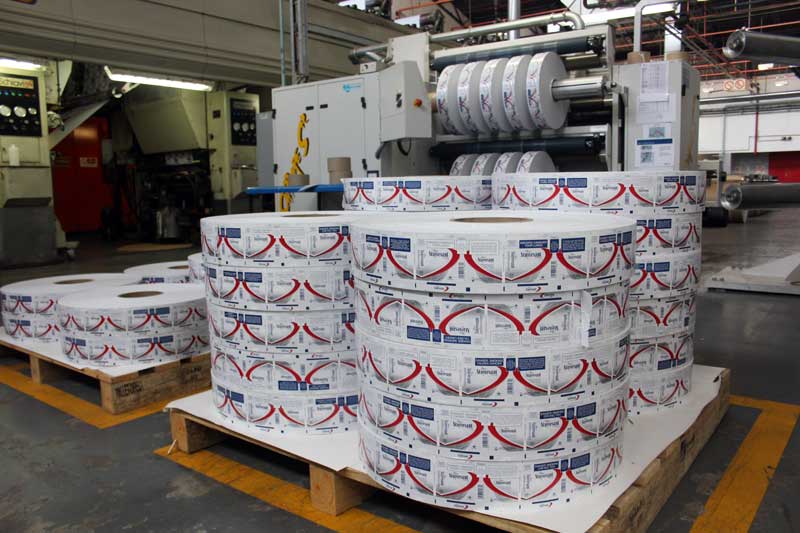
The District of Columbia on Aug. 19 ruled that the U.S. Food and Drug Administration (FDA) cannot enforce premarket review requirements for premium cigars until it considers a “streamlined” process for cigar makers to equate their products to older ones.
The ruling means that premium cigar companies will not have to file for product approval on the Sept. 9, 2020, deadline. This ruling applies to almost all cigars found in humidors across the country except for flavored and infused cigars, which are not considered premium by the FDA.
Companies will not need to file paperwork with the FDA to prove that their products are premium; rather, any company selling a cigar that does not meet the definition of “premium cigar” will be subject to the Sept. 9 premarket approval deadline and will need to file for substantial equivalence or another approval pathway.
The ruling does not require the FDA to enact a “streamlined” process for premium cigars but says it must study the issue and cannot require premium cigars to go through substantial equivalence or another process until after that study is complete.
The ruling came from a lawsuit against the FDA by three cigar trade groups: Cigar Association of America, Cigar Rights of America and the Premium Cigar Association (PCA). “This is another monumental victory for the premium cigar industry,” said PCA’s Scott Pearce. “This comes on the heels of legal victories striking down warning labels for premium cigars.”


